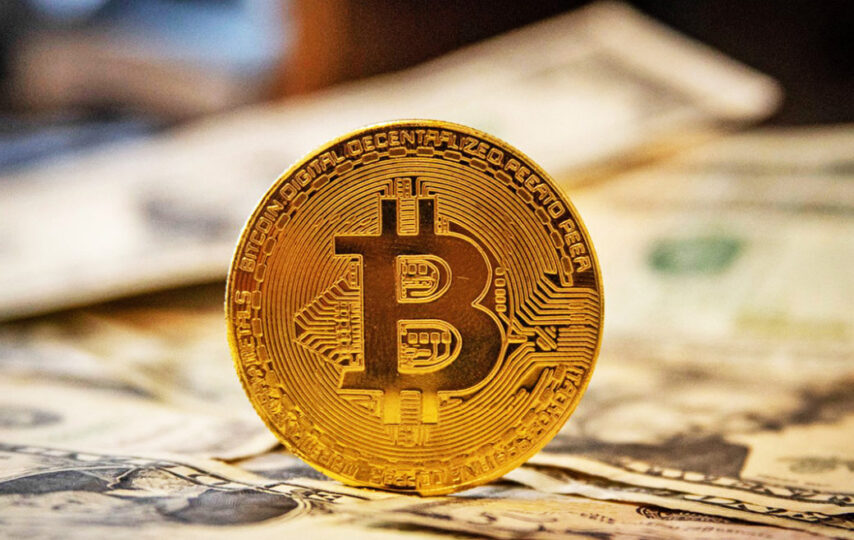The price of Bitcoin surpassed $50,000 on Tuesday morning, almost a month after El Salvador legalized the cryptocurrency as official money. On September 7, the price fell by about $5,000, from $52,500 to approximately $47,500. During the ensuing weeks, the price dropped as low as $40,000, then rose as high as $48,000, only to plummet again. Before we go any further in our guide, please register yourself on the cryptocurrencies, and learn to trade in the bitcoin currency better than ever.
The public’s perception of Bitcoin in El Salvador has deteriorated. Several major news organizations have taken advantage of the situation to point out how the country’s Bitcoin value proposition has declined in the near term. Some have even labeled Bitcoin’s widespread acceptance as a failure.
Furthermore, many Bitcoiners would argue that to evaluate the acquisition of Bitcoin by El Salvador or any other organization in dollar terms is to misunderstand the purpose of Bitcoin itself completely. When the price of Bitcoin dropped, Bukele bought 700 Bitcoin to keep as a reserve asset for El Salvador. The value of the 700 Bitcoin has already increased by millions of dollars in US currency terms. zIt is inevitable that when you compare the terminally rare (but more desired) commodity Bitcoin to the continuously inflated asset dollar, you will see price volatility and a long-term price rise.
Many Salvadorans now have the capacity to the bank for themselves and the legal right and technological means of acquiring immutable digital property and monetary energy in the form of bitcoin. El Salvador has 700 of the most valuable decentralized cyber assets currently known to humanity, which are resistant to debasement by the country’s government. The price of Bitcoin dropped from around $52,600 the first few weeks after the historic acceptance on September 7 but later rallied to a range of $47-48k, per CoinDesk. During this period, the total worldwide Bitcoin hash rate has likewise increased.
It remains to see if and to what extent an increase in the Bitcoin price over the $52k barrier reached on September 7 would alter public perceptions of Bitcoin adoption in El Salvador in the coming months: Notably, the government of El Salvador has accumulated 700 Bitcoin, which is now valued more than $33 million at the time of writing, an increase from around $31 million on September 20. At about $45,700, El Salvador made its most recent purchase of Bitcoin, believing that the world market undervalued the asset.
Still, more significantly, Bukele has shown a commitment to purchasing, holding, and mining Bitcoin over a long time. The nation is currently in the black in dollar terms due to that transaction. The country continues to be the only one to keep Bitcoin in reserve openly. The whole globe is watching this experiment, and Bitcoiners are keen to see which country will be the next to embrace Bitcoin as governments push to compete or risk being left behind due to globalization.
Starting on Thursday, September 30, Salvadorans, public transportation, and any local business may take advantage of the gas subsidy by using Chivo. To counteract the worldwide rise in gasoline prices, one of the main reasons for this discount is to reduce the amount of money spent on fuel.
Using the state-sponsored Chivo wallet software, a third purpose is to encourage the usage of Bitcoin and the continuation of Bitcoin education. President Bukele’s Bitcoin aspirations for the nation have been greeted with skepticism since the price of Bitcoin has plummeted by almost 10% at the time of writing since El Salvador legalized the digital currency as legal money in 2014. The stabilization of prices is a typical symptom of rising inflationary pressures. The country continues to be the only one to keep Bitcoin in reserve openly. It is one method through which centralized governments attempt to mitigate the consequences of domestic inflation. On a Bitcoin standard, prices would not grow enough to justify fixing and would not devalue Bitcoiners’ wealth sufficiently to support state-sponsored price reductions in the long run. Fortunately, Bitcoin’s planned and progressively diminishing inflation, along with its terminal scarcity, provides a solution to this issue.







